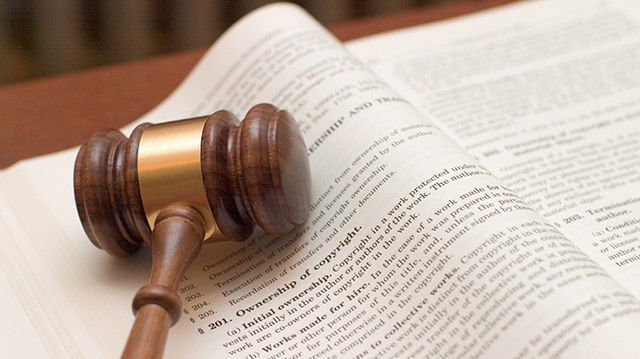Selorm, a young entrepreneur with a start-up business in sandal making, discovered that his designs had been replicated by a large footwear company. Seeing that they were making money off something that was his, he confronted them.
The bombshell was dropped when he was told that he wouldn’t get a penny from the company that had stolen his designs since they weren’t registered.
This is the fate many entrepreneurs on our continent stand to suffer if we don’t begin to embrace the idea of intellectual property protection.
Just like Selorm experienced, there are hundreds of stories, both told and untold, of inventors who come out with innovations and out of sheer ignorance end up losing because their ideas were stolen by huge multi-national corporations. Other times, these naive people sell their idea for a meagre amount to big companies who know the worth of the product and end up making lots of money from it.
This is where the concept of Intellectual Property (IP) comes in. Intellectual property simply refers to the creations of the mind, such as inventions, literary and artistic works, designs and symbols, names and images used in commerce.
These properties mentioned above are protected in law by patents, copyrights and trademarks, which will enable inventors to earn recognition and financial benefits from their inventions.
Other types of IP are industrial designs and geographical indications.
In other words, once you’ve registered the product for a patent, trademark and the like, you have sole ownership of the logo, design, name, software, etc. in whatever jurisdiction you have protected it in.
On the flip side, these IPs need to be renewed. Without renewal, it becomes invalid. As such, anyone can make use of them during the elapsed validity.
While patents, trademarks, and industrial design may be considered being on the high side, copyright, which everyone knows about, is pretty cheap.
The first step to getting an IP is to first conduct a search. The search is important so you can find out if indeed your idea is novel. Mind you, the fact that the search doesn’t turn up a similar product doesn’t necessarily mean it doesn’t exist, it just means that the idea has probably not being protected.
Another important aspect of IP worth mentioning is that during registration, you are at liberty to choose countries in which the idea is protected in. It is only in these areas that idea can’t be replicated by someone else.
It does sound irrational. The recommendation given by experts to deal with this, since you can’t obviously register in all the countries in the world, is to do an analysis of countries in which you may get potential competition based on some criteria.
For instance, countries in which the basic material for your product can be found in abundance or countries likely to have a great deal of demand for the product are countries to be considered when doing registrations.
Plagiarism
This article will be incomplete if I fail to mention another important aspect of knowledge protection; Plagiarism.
I define plagiarism simply as knowledge theft because you’re simply passing off someone’s idea as yours.
The story is told of a current minister who was stripped of his doctorate by the University of Ghana for plagiarism. This is just one of the few instances that plagiarism has been frowned upon in our society. I dare say that if he hadn’t been a minister, his deed wouldn’t have come to light, neither would there have been any action taken against it.
In this part of the world, we seem to take this concept in our stride because the punishment is not properly enforced.
In advanced countries, people have lost their jobs; students have forfeited grades because of plagiarism.
Students mostly take this for granted when they copy and paste from the Internet. Secondary and tertiary institutions should tighten their policies on plagiarism.
Encourage local participation
Local participation of Ghanaians in IP is discouraging and disturbing.
According to the Acting Registrar General, Jemima Oware, records at the National Industrial Patent Office indicated that out of the 3,034 trademark applications received by the Registrar General’s Department in the year 2014, only 970 of them, representing 32 per cent, were locally owned.
The 70 per cent, she said, came from foreign entities, confirming fears that Ghanaians were yet to realise the benefits of trademark registrations.
Awareness
The issue of low awareness of IP and plagiarism is not a problem faced by Ghana alone but is widespread in almost all developing countries.
As a result, sometimes, people unintentionally infringe on other people’s IP rights.
Adequate awareness could contribute to a reduction in infringement of IP rights. This is because awareness creation is likely to reduce the number of innocent infringers and cause them to appreciate, recognise and respect the rights of the IP holders.
Infringement of trademarks and copyrights can be criminal offences and can also be actionable in civil law. Although, there is no jail time, punitive damages are demanded from the infringers.
Patent legal experts advice that permission should be sought before using a patent or trademark that had been registered in order not to incur lawsuits.
IP knowledge, hence, prevents you from being a victim of IP counterfeiting as well as being a perpetuator, intentionally or otherwise.
The goal of this article is simple, to encourage IP protection and discourage plagiarism.
Writer’s email: graciousakande@yahoo.com

